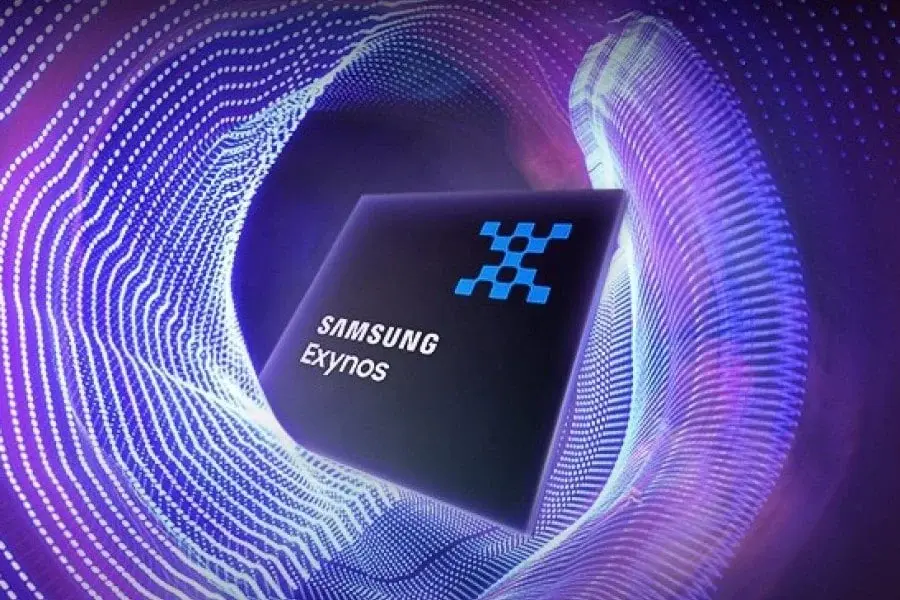Samsung Electronics is grappling with significant challenges concerning its Exynos 2500 chip, slated for the upcoming Galaxy S25 series. According to a fresh report from ZDNet Korea, despite these hurdles, the company is diligently working to enhance production by the year’s end.
Production Yield Concerns
Currently, the Exynos 2500’s production yield stands at roughly 20%, significantly below the 60% threshold required for mass production. This shortfall has sparked skepticism about the chip’s readiness for the Galaxy S25 launch. Industry analyst Ming-Chi Kuo has indicated that if these yield issues persist, Samsung may have to resort to using Qualcomm’s Snapdragon 8 Gen 4 instead.
Samsung is concentrating on refining the Exynos 2500, which utilizes Samsung Foundry’s second-generation 3-nano process (SF3) and Gate-All-Around (GAA) technology. This advanced technology aims to boost data processing speeds and energy efficiency.
Strategic Importance
The Exynos 2500 initiative, codenamed ‘Solomon,’ signifies a substantial investment for Samsung. Abandoning the Exynos 2500 would result in wasted resources and could negatively impact Samsung’s standing in the semiconductor industry.
Samsung has a deadline until October to enhance yields. Qualcomm is set to unveil the Snapdragon 8 Gen 4 in late October, intensifying the pressure on Samsung to achieve its targets. Failure to improve the yields might compel Samsung to cancel the Exynos 2500 and solely depend on Qualcomm for the Galaxy S25.
Consumer Impact
From a consumer perspective, this might not be unfavorable. Qualcomm’s Snapdragon processors have generally outperformed Samsung’s Exynos chips. A shift to Qualcomm could enhance the performance and dependability of the Galaxy S25, potentially justifying any price hikes.


Leave a Reply